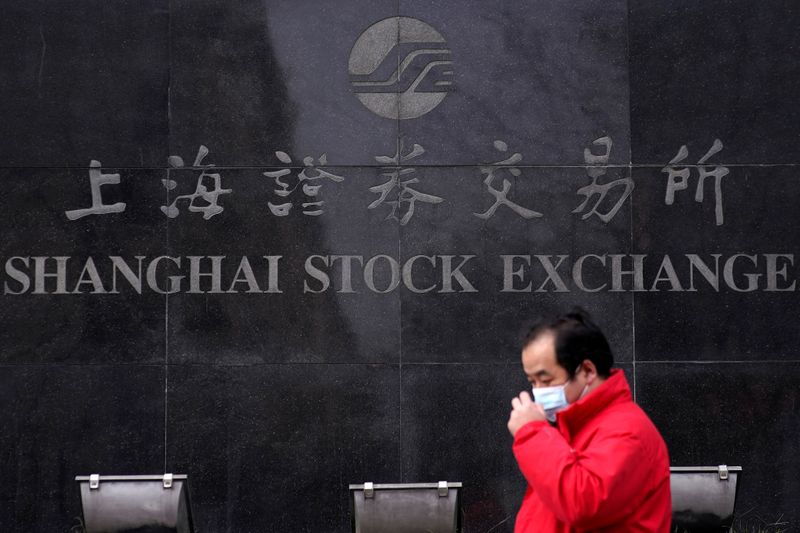This post was originally published on this site

The benchmark Shanghai Shenzhen CSI 300 and Shanghai Composite indexes were set to lose around 7% and 5%, respectively, for August, while the Hang Seng was trading down nearly 8% for the month.
Losses for the month were initially triggered by a string of weak economic readings for July, as the manufacturing sector continued to shrink and as Beijing’s stimulus measures largely underwhelmed markets.
Manufacturing activity data for August, released on Thursday, showed a continued contraction in the sector, albeit at a smaller-than-expected pace.
The government announced new measures to support the stock market this week, most notably the halving of duties collected on trading. But the move provided only a limited boost to markets, failing to offset concerns over underlying weakness in the Chinese economy.
Concerns over a meltdown in the property sector were also a key weight on stocks through August, as Country Garden Holdings (HK:2007), China’s biggest real estate developer, entered negotiations with debtholders in the face of a looming default.
The firm also logged a massive, nearly $7 billion loss for the first half of 2023.
Investors have now called for more targeted, fiscal measures from Beijing to support the Chinese economy. But the government has so far outlined few plans for fiscal support, and has instead rolled out a slew of monetary stimulus measures in recent months.
Recent media reports also suggested that the People’s Bank of China (PBOC) was considering cuts to mortgage and yuan deposit rates to unlock more liquidity, as China also grapples with a growing deflationary trend.
Fitch analysts said in a recent interview that fiscal stimulus from China appears unlikely, given that the government is already struggling with stretched debt levels. The lack of fiscal support posits a weak outlook for the world’s second-largest economy.
China is attempting to wean its economy off the property sector and could let the industry weaken further this year, Fitch analysts said.
The PBOC is also facing limited headroom to further loosen monetary policy, given Beijing’s increasing discomfort with weakness in the yuan.



